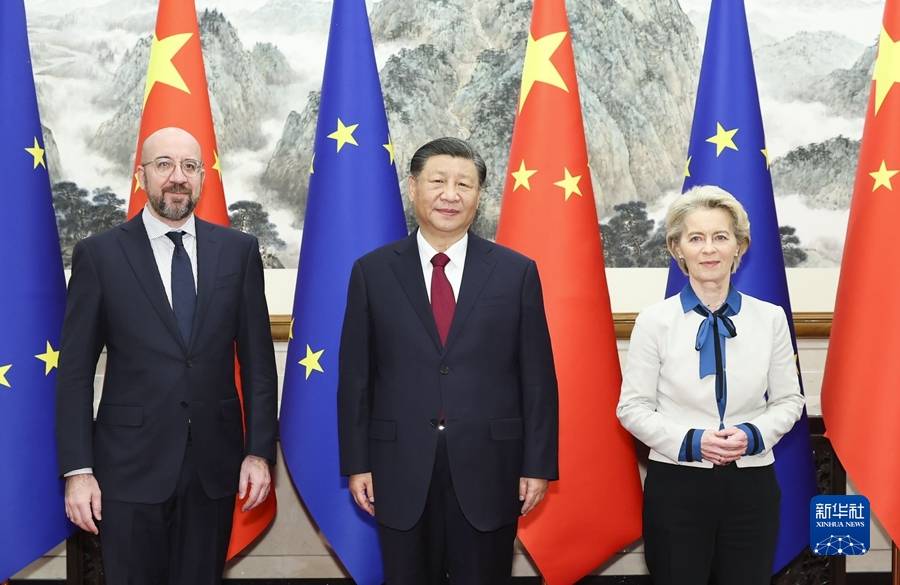Xi Jinping's Global Diplomacy: Building Strategic Partnerships
In a world increasingly shaped by shifting alliances and economic interdependence, Chinese President Xi Jinping has been at the forefront of international diplomacy. His recent engagements, including attending the Asia-Pacific Economic Cooperation (APEC) Summit, G20 meetings, and state visits to Peru and Brazil, underscore China's ambitious agenda to deepen global partnerships and enhance its influence on the world stage.
Strengthening Economic and Strategic Ties
At APEC, Xi emphasized the importance of regional cooperation and open trade policies, advocating for a robust Asia-Pacific economic framework. His attendance at the G20 meeting further demonstrated China's commitment to addressing global challenges, including sustainable development and climate change. Xi’s proposals often align with Beijing's broader vision of "shared prosperity," which aims to position China as a leader in addressing inequality and promoting green development​
During his state visits to Peru and Brazil, Xi sought to reinforce China's presence in Latin America. In Peru, he discussed expanding economic ties, particularly in infrastructure and mining, sectors where Chinese investments have surged. Meanwhile, in Brazil, Xi and President Luiz Inácio Lula da Silva pledged to enhance cooperation in areas such as renewable energy and technological innovation. These visits are part of China's Belt and Road Initiative, which continues to expand its reach globally​
Leadership in AI and Climate Initiatives
Xi’s discussions with Singapore and Chile highlighted China’s focus on advancing artificial intelligence and green technologies. By encouraging collaborative research and investments in these areas, China aims to align its technological advancements with sustainable practices, reinforcing its image as a responsible global leader​
Global Implications
Xi Jinping’s proactive diplomacy reflects China's strategic goals of bolstering economic partnerships while countering Western narratives of its rise. Through these engagements, Beijing seeks not only to fortify its economic corridors but also to influence international governance frameworks, advocating for multipolarity and inclusiveness.
These moves underline a significant shift in global power dynamics, positioning China as a central player in shaping the 21st-century geopolitical landscape.




No comments yet
Be the first to share your thoughts!